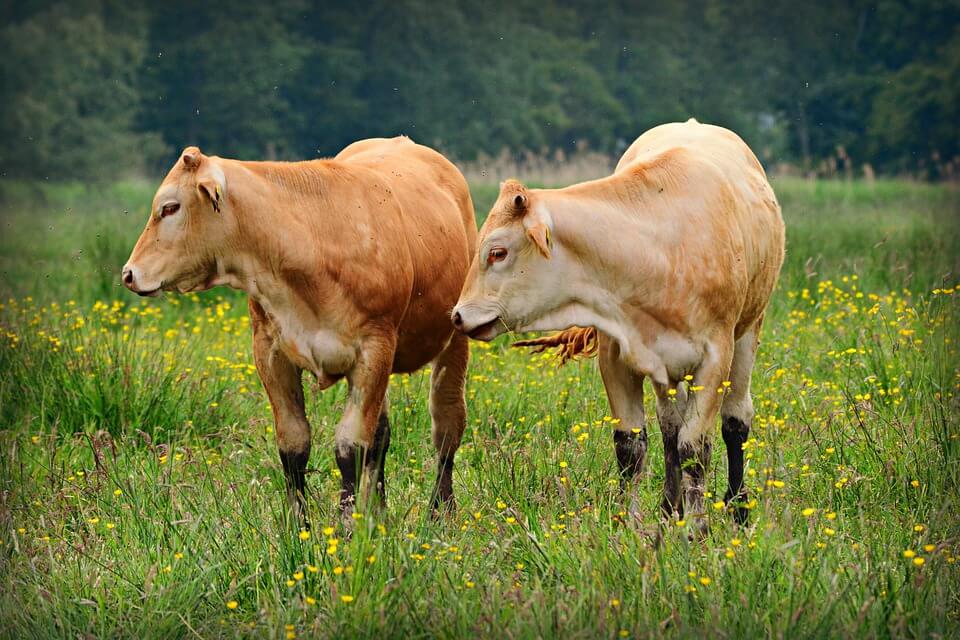Shanah Tovah! Here Are 3 Ways You Can Keep Animals in Mind During the High Holy Days
There’s something really special about setting positive goals during the Jewish High Holy Days, Rosh Hashanah and Yom Kippur. Rosh Hashanah—or the Jewish New Year—marks a personal milestone for me: It’s when I went vegan. Since Rosh Hashanah is a time to reflect and welcome change, I asked myself, “Why do we welcome some animals in our home but condemn others to a life of suffering and death before being served on our plates?” and “Don’t other animals want to live as much as I do?” In the days leading up to Yom Kippur—the Jewish Day of Atonement that is typically observed by fasting for 25 hours—I decided to help our fellow animals by not eating, wearing, or exploiting them in any way.

Since I became vegan many Rosh Hashanas ago, I keep our fellow animals in mind during the High Holy Days—and there are many ways everyone can. Here are three ways to help animals during the Jewish New Year:
Prepare a vegan feast.
Dipping apples in honey is a classic Rosh Hashanah tradition that symbolizes the hope for a sweet new year—but we don’t have to use honey from exploited bees to participate. Swap out the honey for something just as sweet like maple syrup, agave nectar, brown rice syrup, or date syrup. If you really want to sweeten the deal, get creative: Vegan chocolate sauce and vegan caramel are perfect additions to your Rosh Hashanah spread.
It’s my personal belief that no Jewish spread is complete without challah, and it’s always better home-baked! Whether you like to kick it up a notch with raisins or vegan chocolate chips or keep it classic, try PETA’s foolproof recipe for vegan challah.
If you don’t look forward to eating matzo ball soup on Jewish holidays, I can’t relate. Veganize your savory soup this year with PETA’s recipe for perfectly fluffy matzo dumplings.
Reflect on speciesism.
During the High Holy Days, we’re encouraged to take time for introspection. One way we can include our fellow animals in this practice is to consider their complex inner lives, emotions, and relationships. Cows are deeply devoted to their young and mourn the loss of their loved ones, chickens pass down knowledge from generation to generation, mother pigs “sing” to their babies while nursing, and all animals can suffer. Sensitive cows, chickens, pigs, and others don’t want to spend their lives deprived of important relationships and confined to cramped, filthy, windowless sheds.
Take action.
Introspection is important, and it’s even better when we follow it with action. Participate in PETA’s action alerts to help animals who are suffering for experiments, food, fashion, and entertainment. Pledge to go vegan, and order PETA’s free vegan starter kit to help you get started. There are countless ways to make a difference—like taking PETA’s 3-Week Vegan Challenge.
*****
Don’t just start the Jewish New Year off on a good note—keep it going! If you want to join the millions of compassionate supporters who are helping PETA stand up for animals, consider offering a kind donation:

